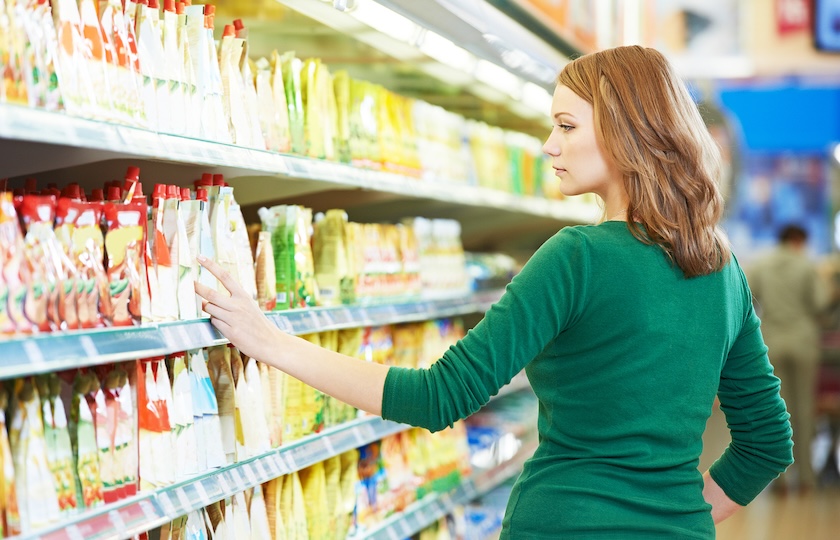Consumer buying behaviour is increasingly being driven by a more thorough judgment of products and retailers, often overshadowing whether the purchase would likely meet their personal needs.
A recent survey, conducted by sustainability consulting firm Aura, found that 37 per cent of US and Canadian respondents are abandoning purchases of items with unsustainable packaging, particularly citing plastic and unnecessary packaging.
According to Gillian Garside-Wight, director of consulting at Aura, “packaging is the new pressure point for North American brands and retailers”.
“It’s become a visible test of their environmental credibility, and if they’re willing to accept the costs of positive change.”
She also added that shoppers are now basing their decisions on how businesses implement sustainability – a subtle way to raise voices over health and climate concerns, and for the kinds of businesses they want to purchase from.
Not only that, 80 per cent of shoppers surveyed said brands and retailers are using an excessive amount of packaging, despite only 57 per cent of North Americans being able to link packaging waste to climate change.
This resistance overall signals a reality where sustainability in products is no longer a ‘nice-to-have’ for consumers. Along with the growing concerns over plastic piling up in food packaging in recent years, all of which clarifies the myth regarding shoppers’ low awareness of environmental issues while remaining a risk for those businesses that keep pushing back their actions.
Last year, both Coca-Cola and Unilever postponed their timelines to cut the amount of plastic in their products. The two companies signed the US Plastic Pact in 2020, aiming to reduce plastic waste by phasing out plastic straws and cutlery, and ensuring all their plastic packaging is reusable, recyclable, or compostable by 2025, a deadline that has now been extended to 2030.
“This data is a wake-up call,” said Emily Tipaldo, executive director of the US Plastics Pact, implying the importance of sustainable purchasing and the fact that consumers are quietly voting with their wallets.
“Without it, they risk losing customers and facing financial penalties – a double hit to the bottom line.”



